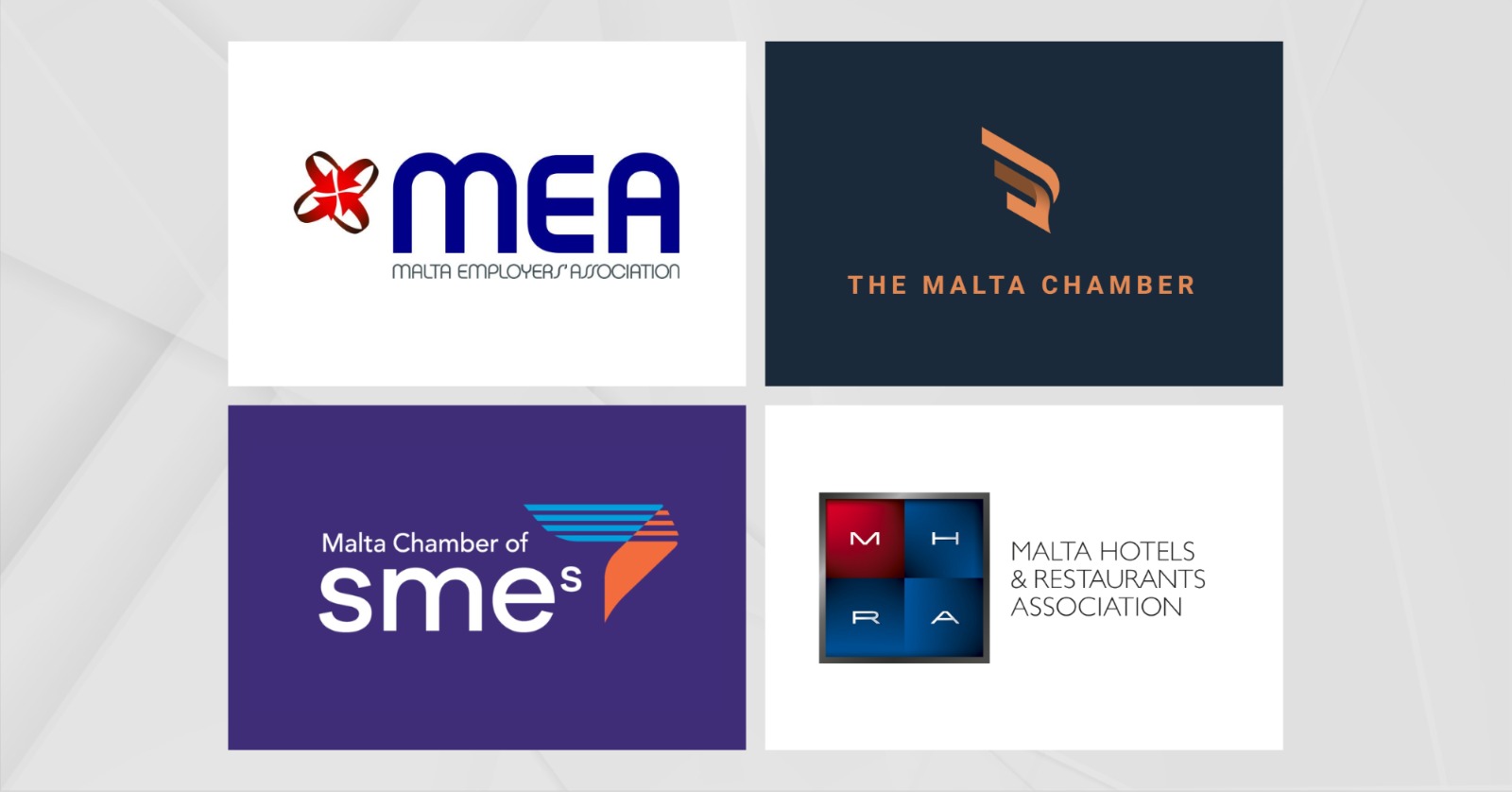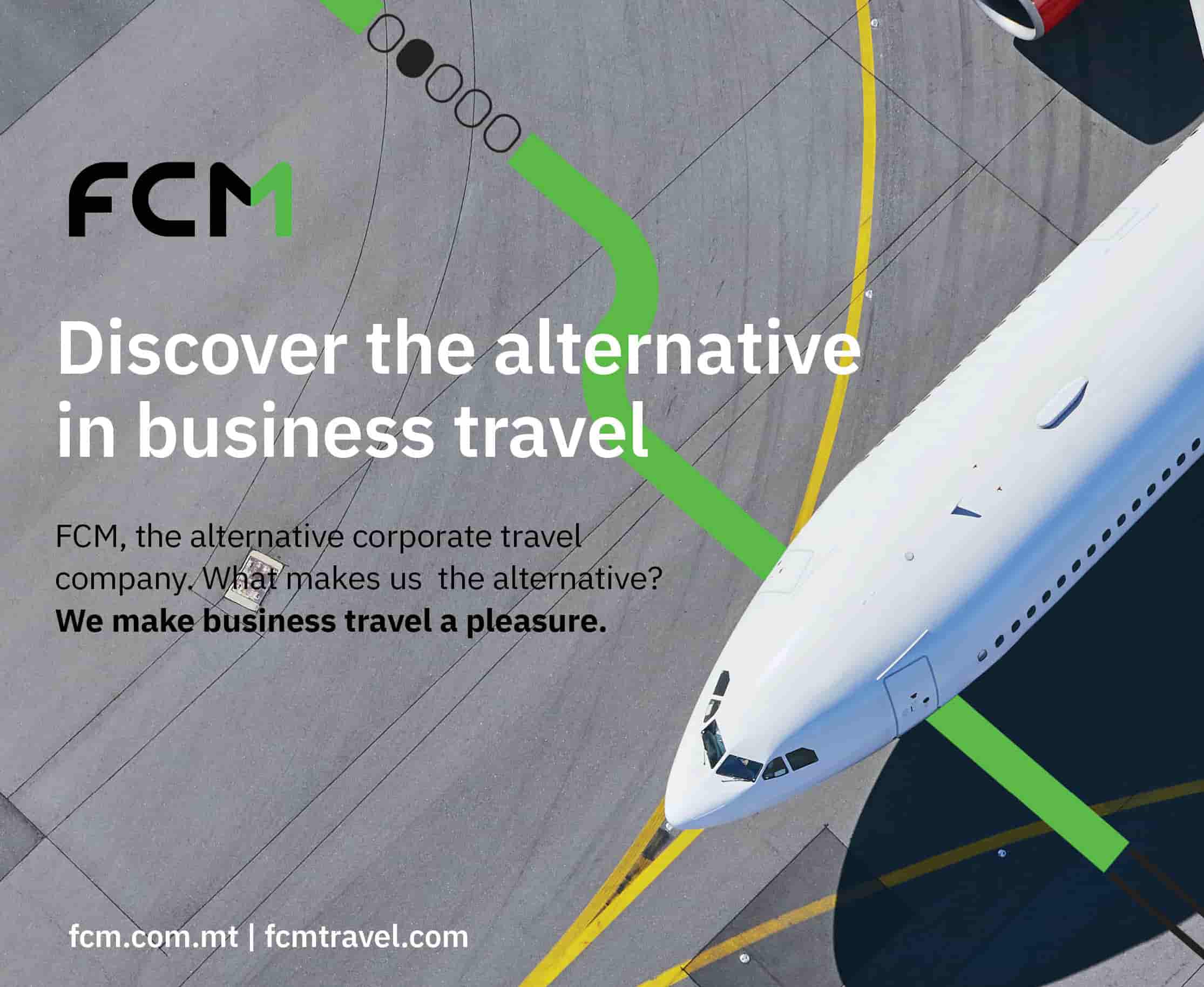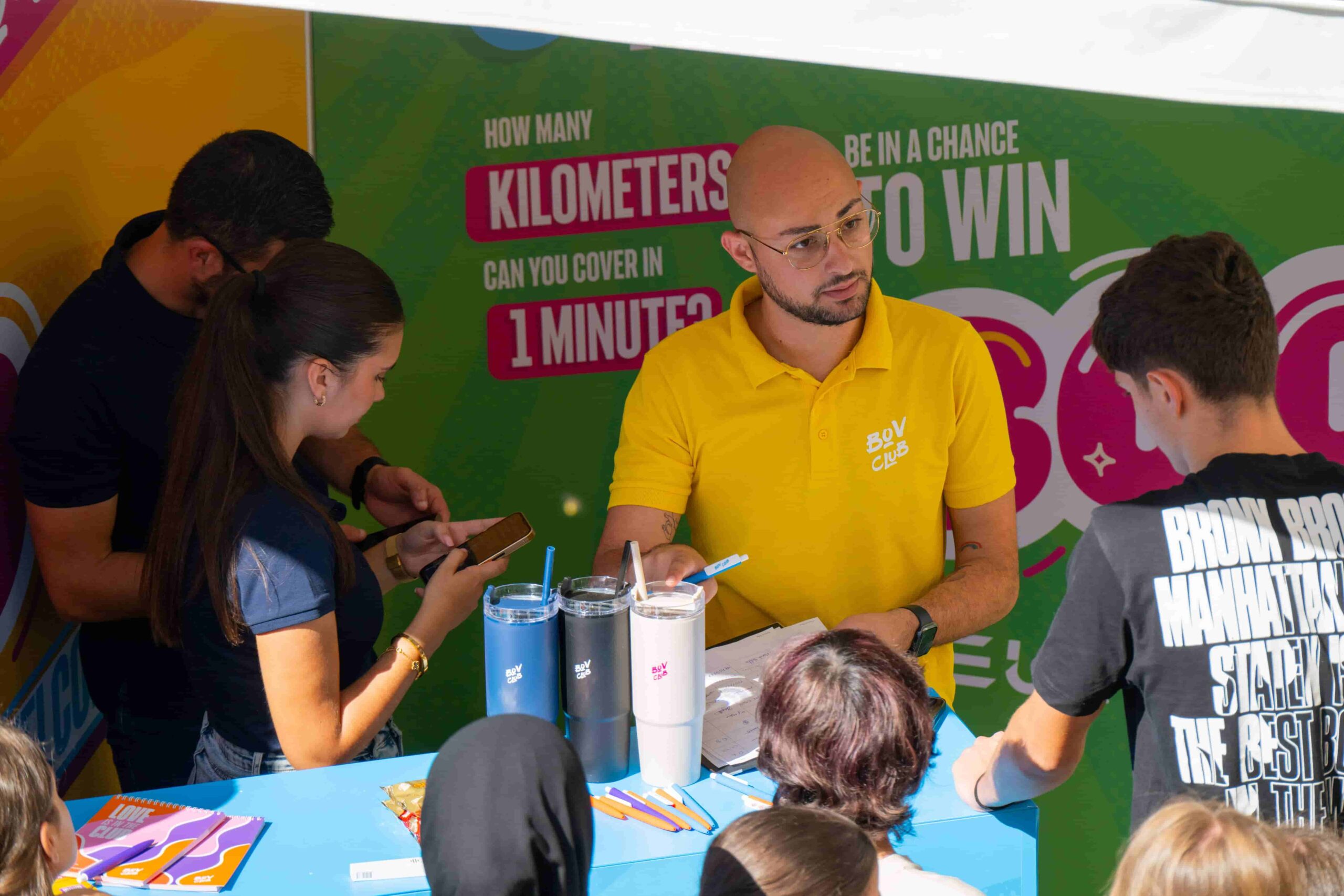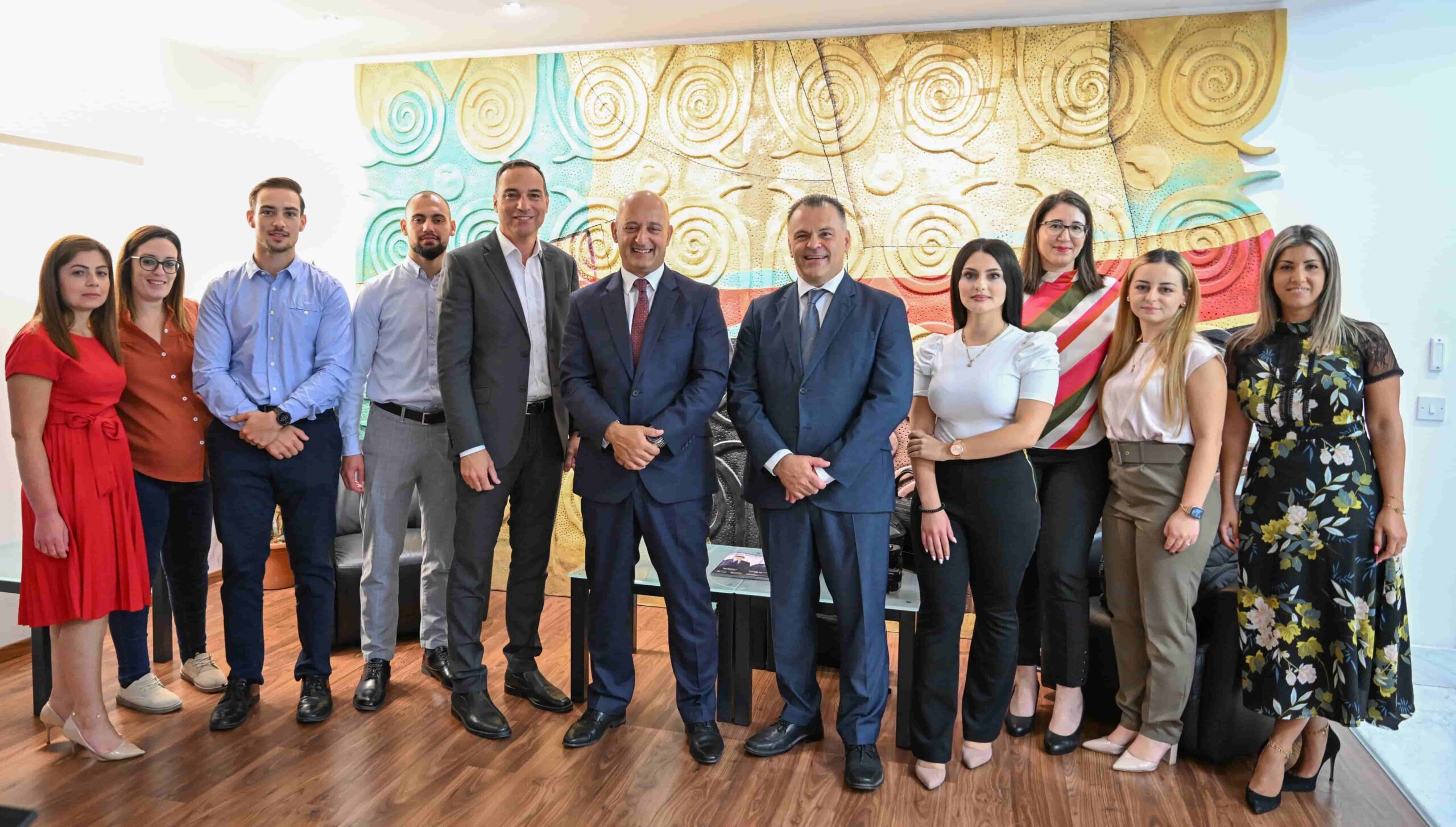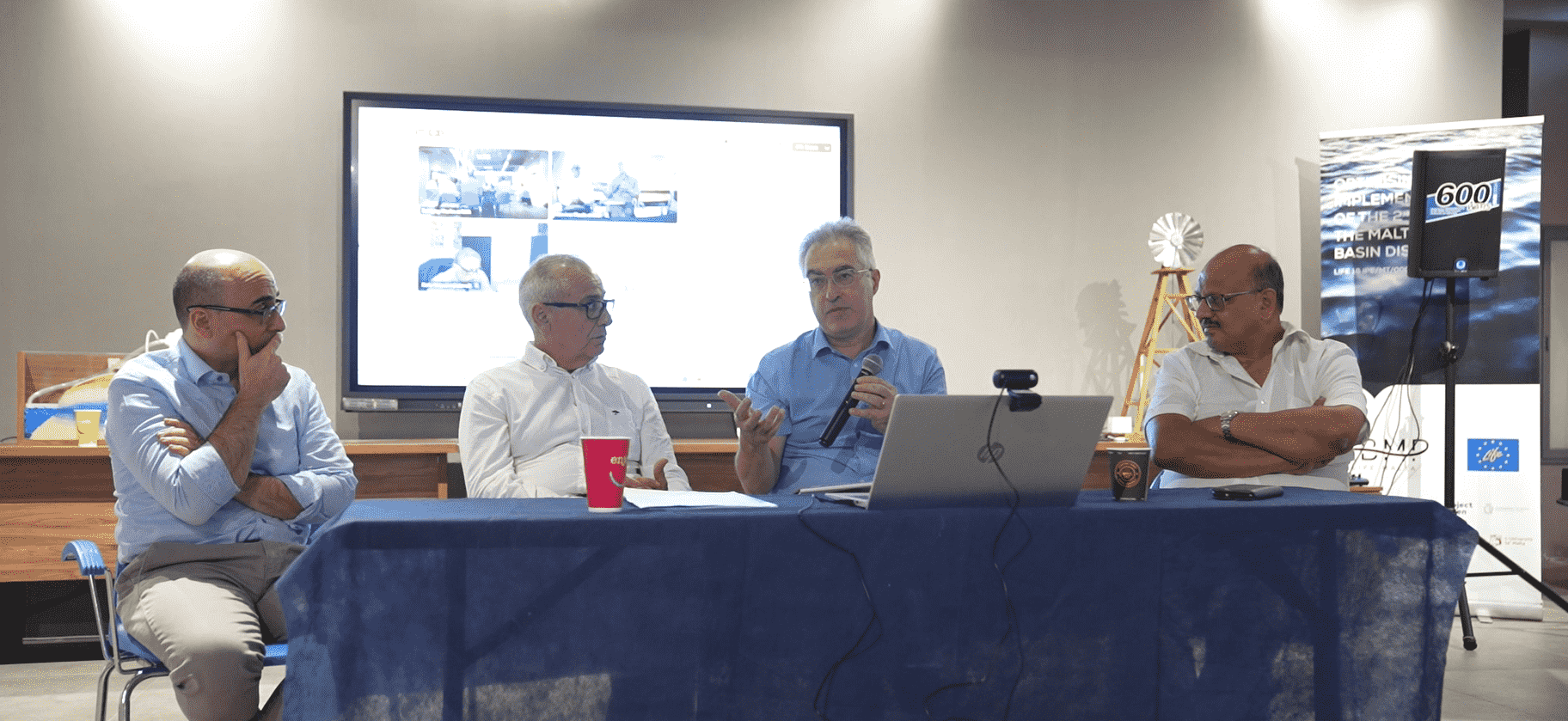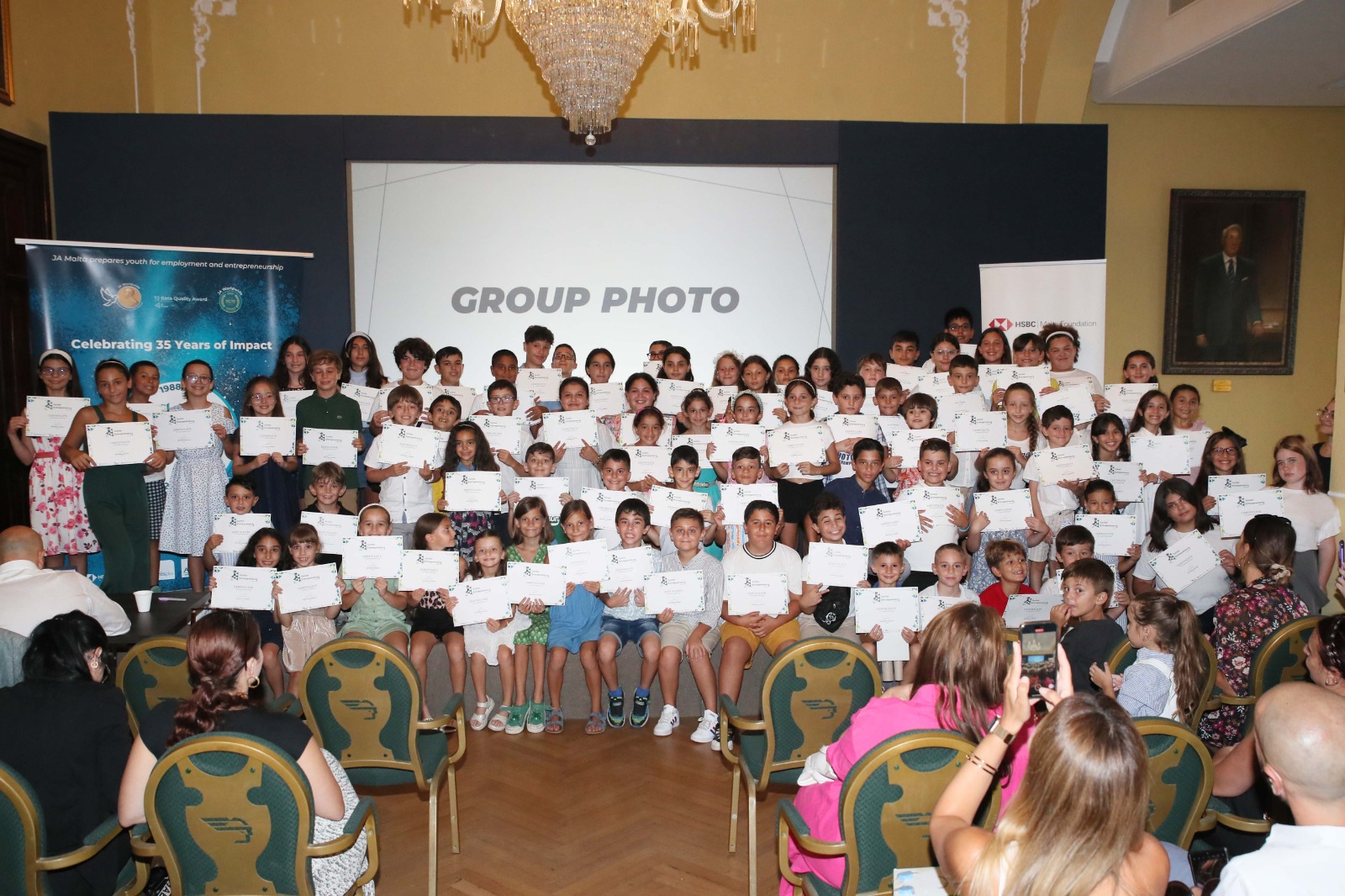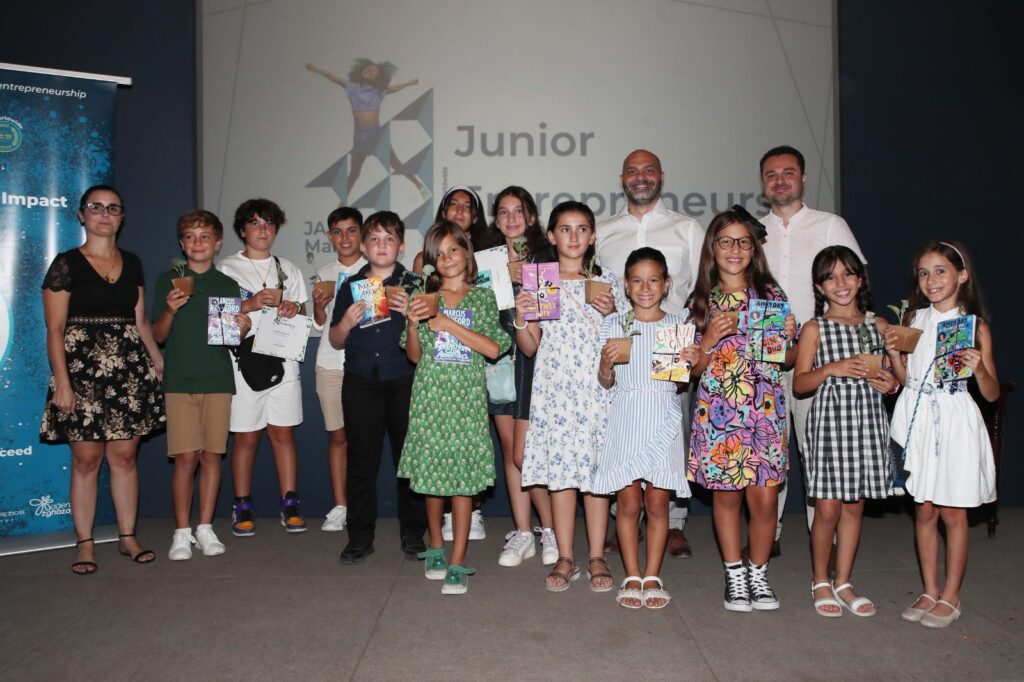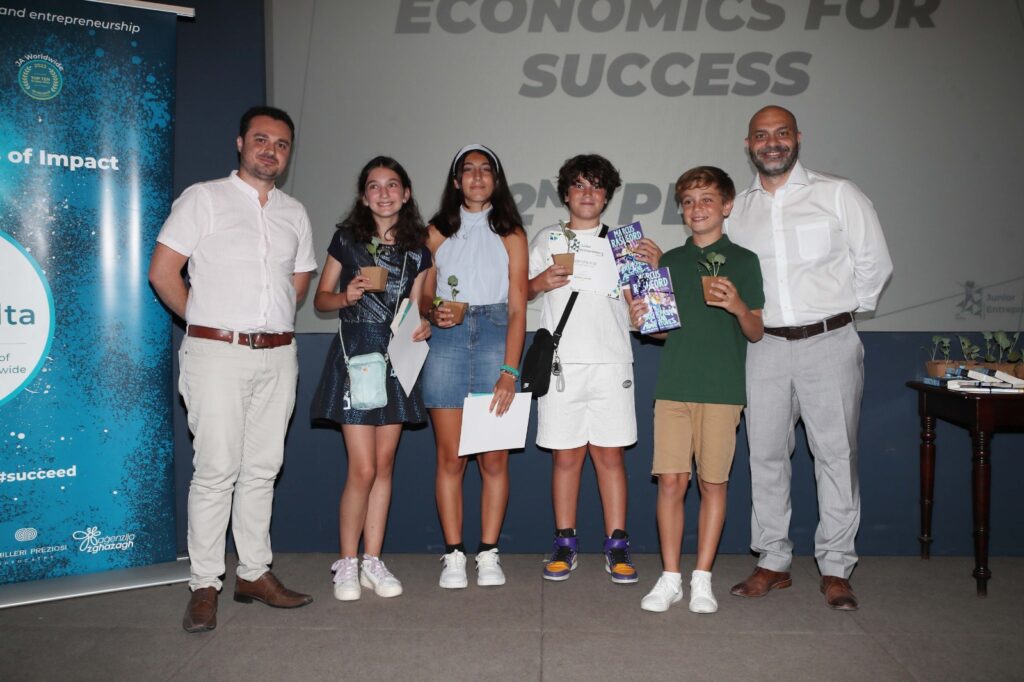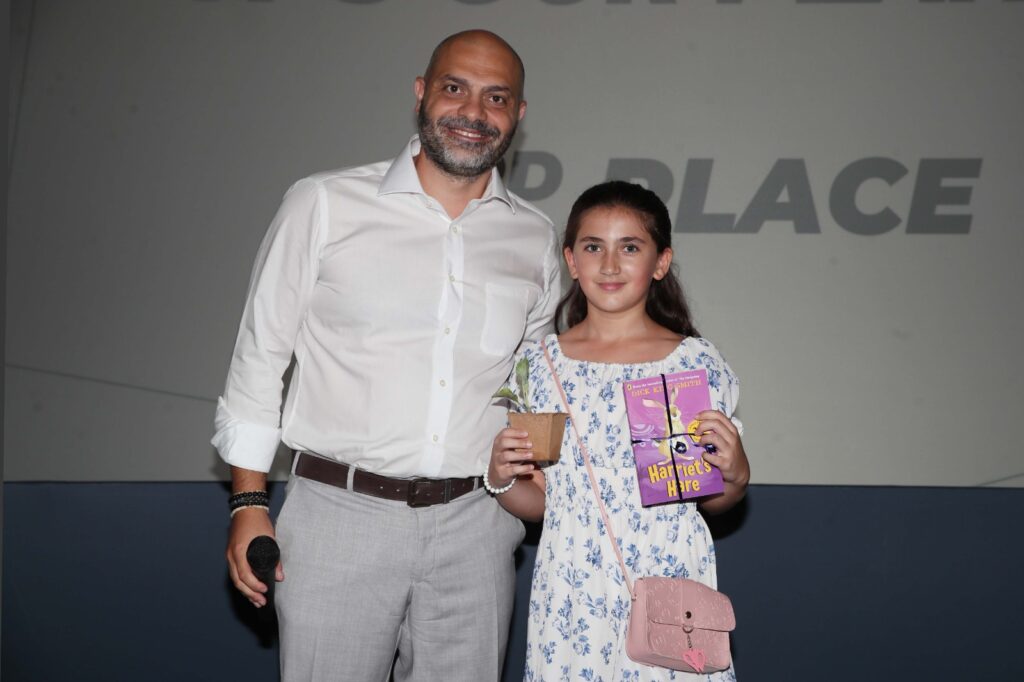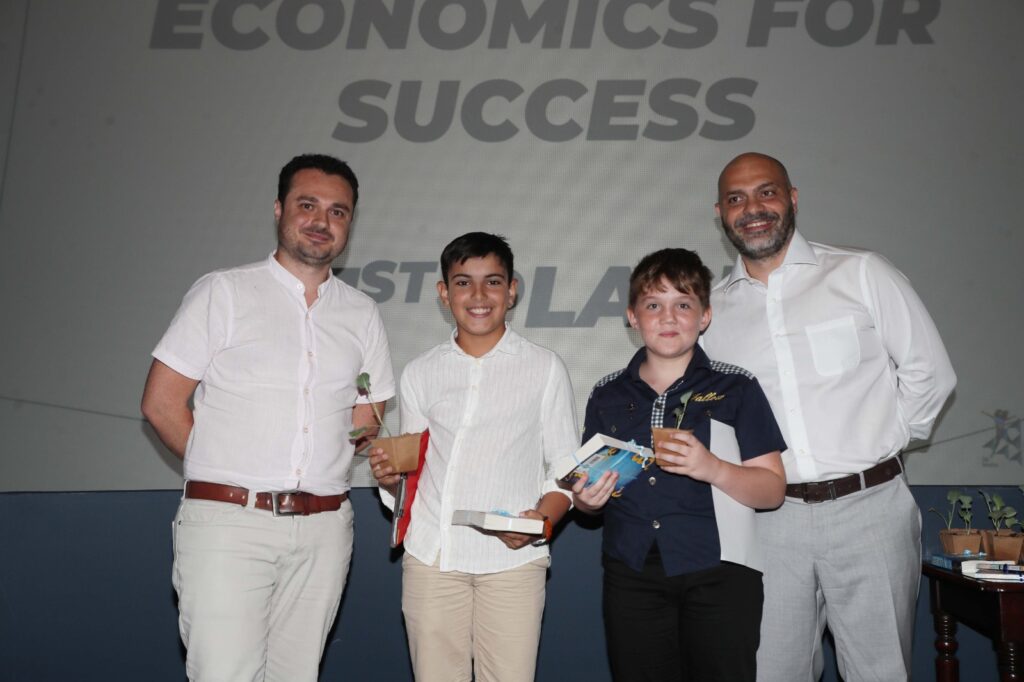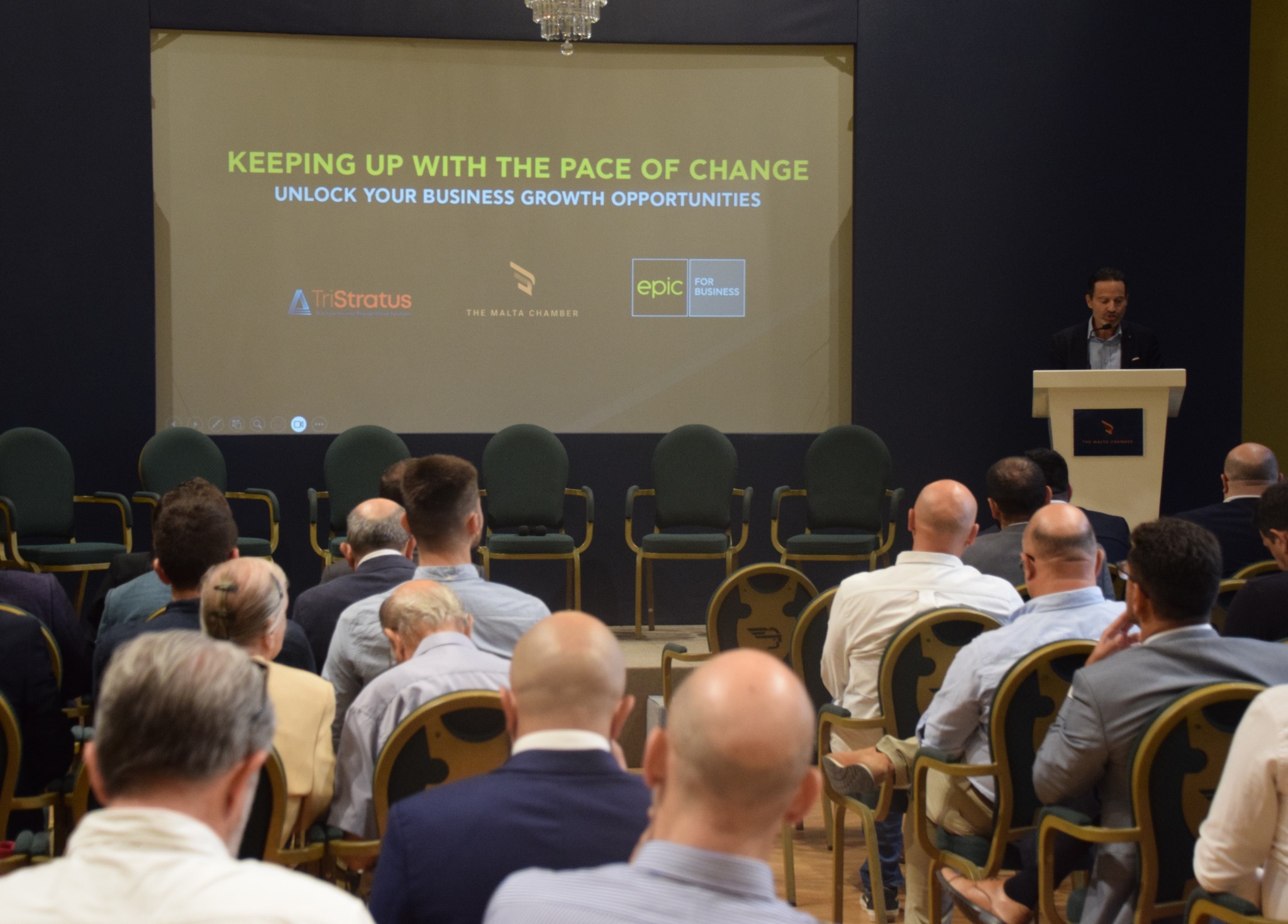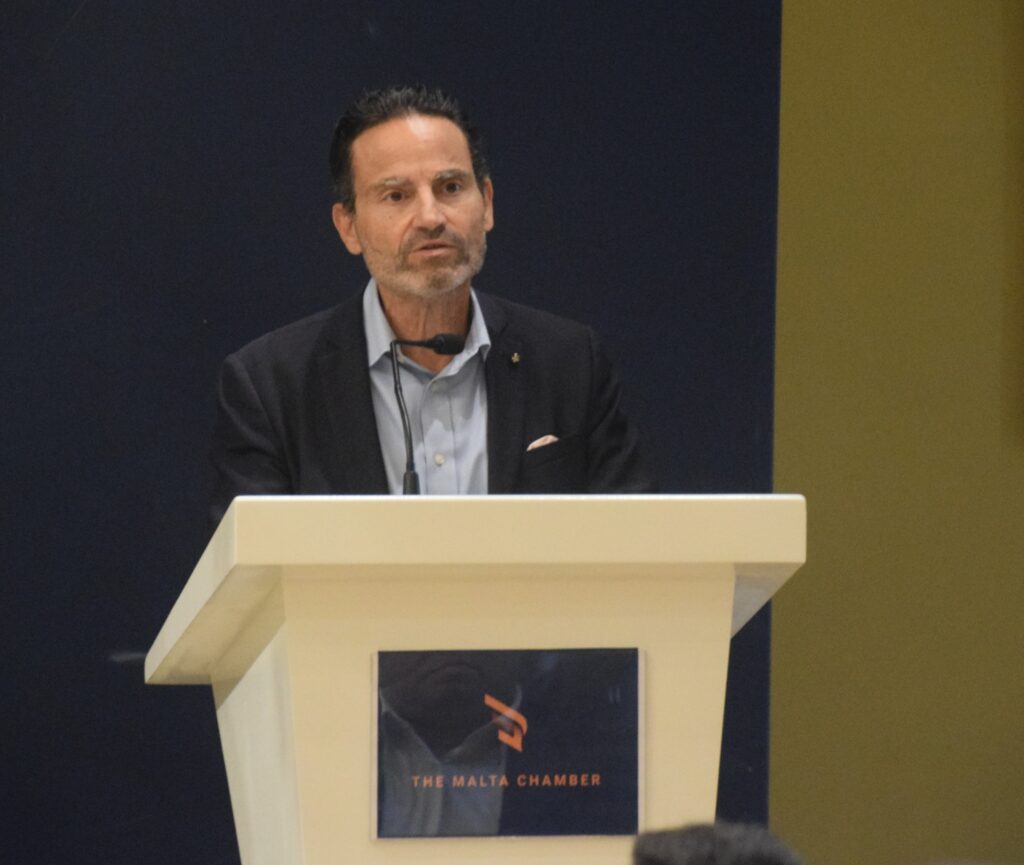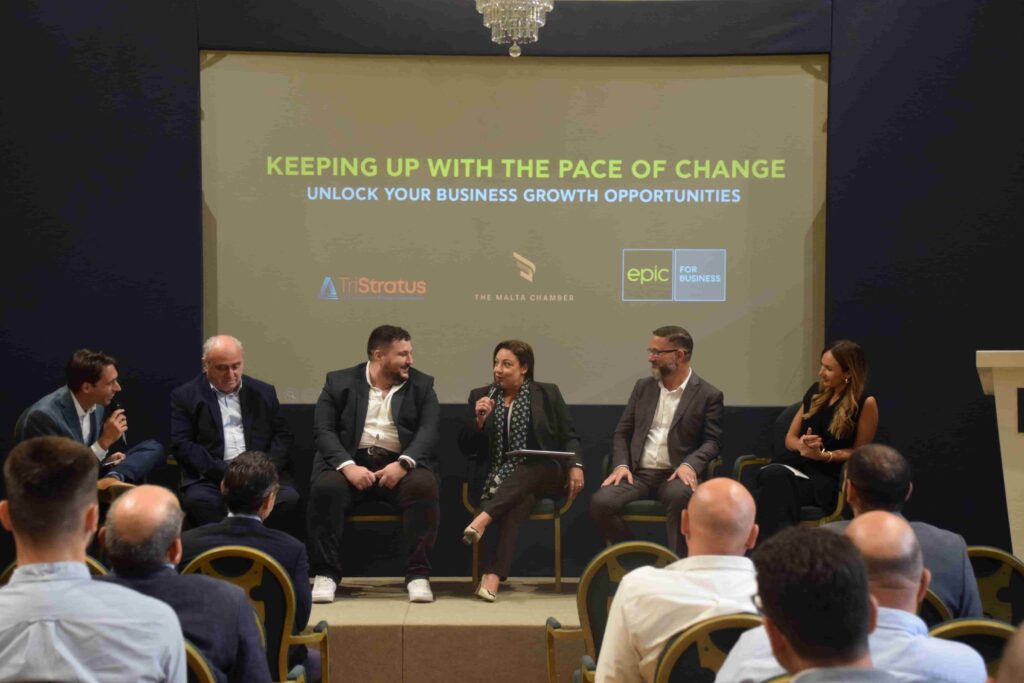The Malta Employers’ Association, The Malta Chamber of Commerce, Enterprise and Industry, The Malta Chamber of Small and Medium Enterprises and The Malta Hotel and Restaurants Association reiterated their unwavering position that membership or non-membership in a trade union is an individual choice. Neither Government, nor employers, nor unions should ever force membership or non-membership on employees. This fundamental principle, protected by the Constitution of Malta and international conventions such as the United Nations Charter for Human Rights and the European Court of Human Rights, ensures that no employee should ever be forced into union membership or prevented from joining a union.
Contrary to recent statements made by Government, the employer bodies wish to clarify that they have had no discussions or communications with Government regarding mandatory union membership and the models that were referred to by Parliamentary Secretary Andy Ellul in the Times report dated 30th September 2024. The bodies firmly reject, on principle, all models of mandatory unionisation mentioned by Hon. Ellul. Their position has always been consistent and this was clearly communicated to the government on the 16th March 2022.
The narrative that mandatory union membership is necessary to meet the targets set by the minimum wage directive is manifestly false, as the directive addresses coverage of collective bargaining and not union membership. According to the membership figures which the unions themselves submit to the Department of Industrial and Employment Relations, Malta has one of the highest trade union density in the world. This fact is corroborated by figures published by the International Labour Organisation.
The employer constituted bodies reaffirm that they are against any form of exploitation of employees, be it Maltese or foreign workers. Malta’s employment laws, if properly enforced, ensure that employees’ rights are safeguarded and that employers operate on a level playing field. The business community is always supportive of proper enforcement of laws and measures which do not tamper with the fundamental principles of freedom of association and the right to organise of each and every individual.
